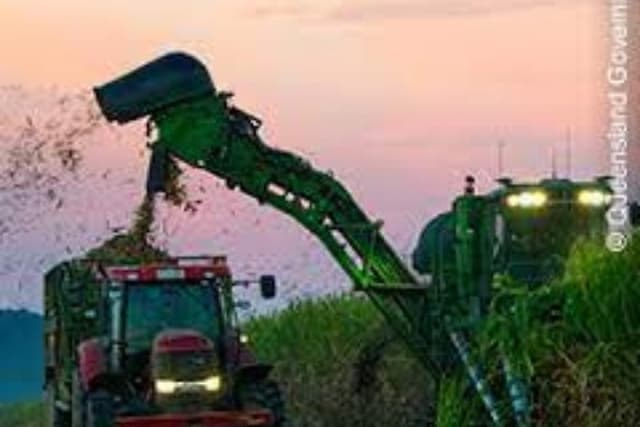
Earth Hour - Feeding the Country
Lesson4 of 15 in this unit
SecondaryYear 7 - 8ScienceTechnologyDesign and TechnologiesEnvironmentalLand ManagementSustainability
Summary
Lesson guides and printables
Lesson Plan

Student Worksheet

Teacher Content Info


Lesson Plan

Student Worksheet

Teacher Content Info
